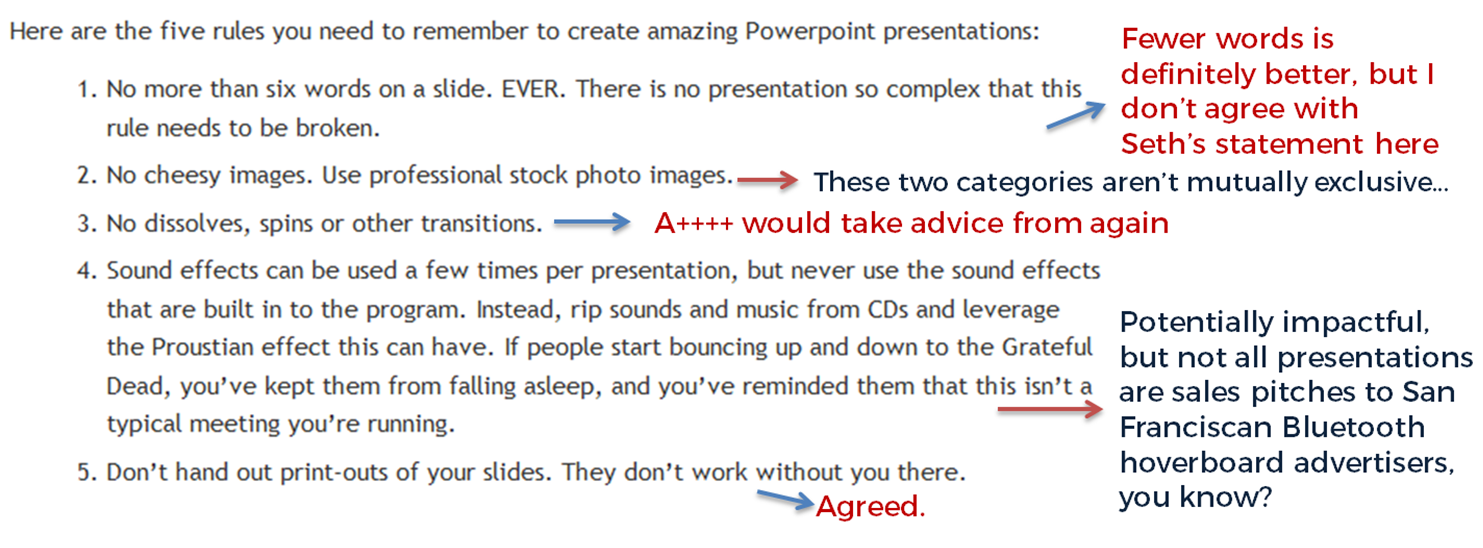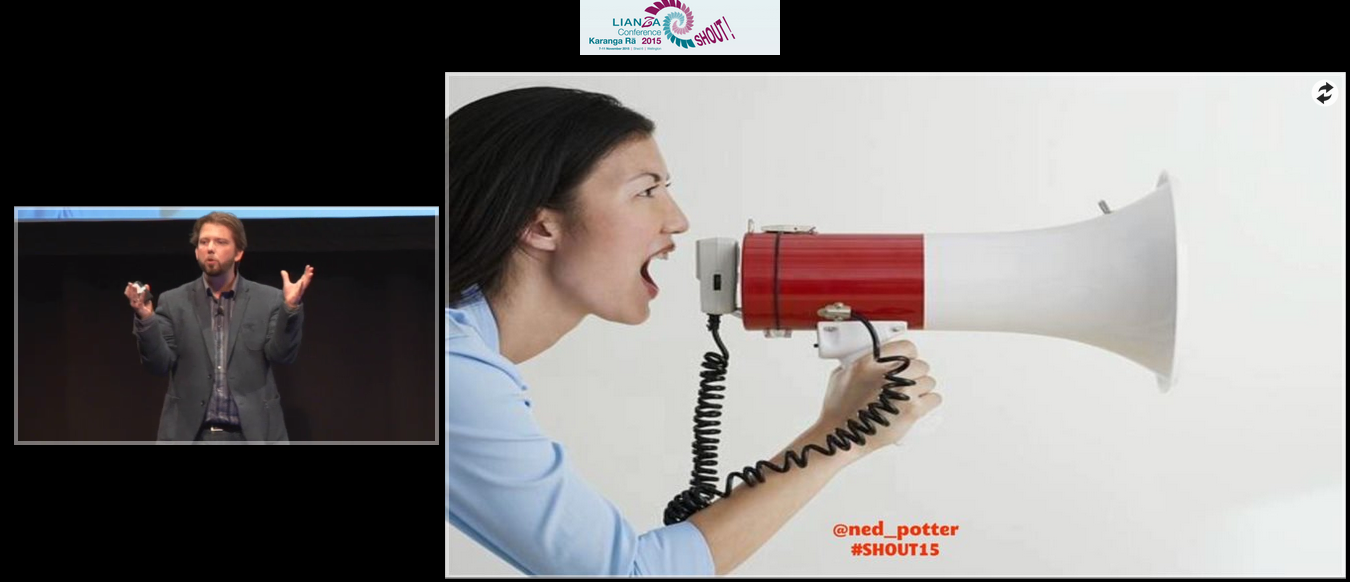We all agree we need data on the needs and wants of our users.
We all agree that asking our users what they want and need has traditionally been a good way of finding that out.
But do we all agree surveys really work? Are they really getting the job done - providing us with the info we need to make changes to our services?
Personally I wouldn't do away with surveys entirely, but I would like to see their level of importance downgraded and the way they're often administered changed. Because I know what it's like to fill in a survey, especially the larger ones. Sometimes you just tick boxes without really thinking too much about it. Sometimes you tell people what they want to hear. Sometimes you can't get all the way through it. Sometimes by the end you're just clicking answers so you can leave the survey.
How can we de-bobbins* our surveys? Let me know below. Here are some ideas for starters:
- Have a very clear goal of what the survey is helping to achieve before it is launched. What's the objective here? ('It's the time of year we do the survey' does not count as an objective)
- Spend as much time interpretting and analysing and ACTING ON the results as we do formatting, preparing and promoting the survey (ideally, more time)
- Acknowledge that surveys don't tell the whole story, and then do something about it. Use surveys for the big picture, and use UX techniques to zoom in on the details. It doesn't have to be pointless data. We can collect meaningful, insightful data.
- Run them less frequently. LibQual every 2 years max, anyone?
- Only ever ask questions that give answers you can act on
- Run smaller surveys more frequently rather than large surveys annually: 3 questions a month, with FOCUS on one theme per month, that allows you to tweak the user experience based on what you learn
- Speak the language of the user. Avoid confusion by referring to our stuff in the terms our users refer to our stuff
- [**MANAGEMENT-SPEAK KLAXON**] Complete the feedback loop. When you make changes based on what you learn, tell people you've done it. People need to know their investment of time in the survey is worth it.
Any more?
*International readers! Bobbins is a UK term for 'not very good'.




